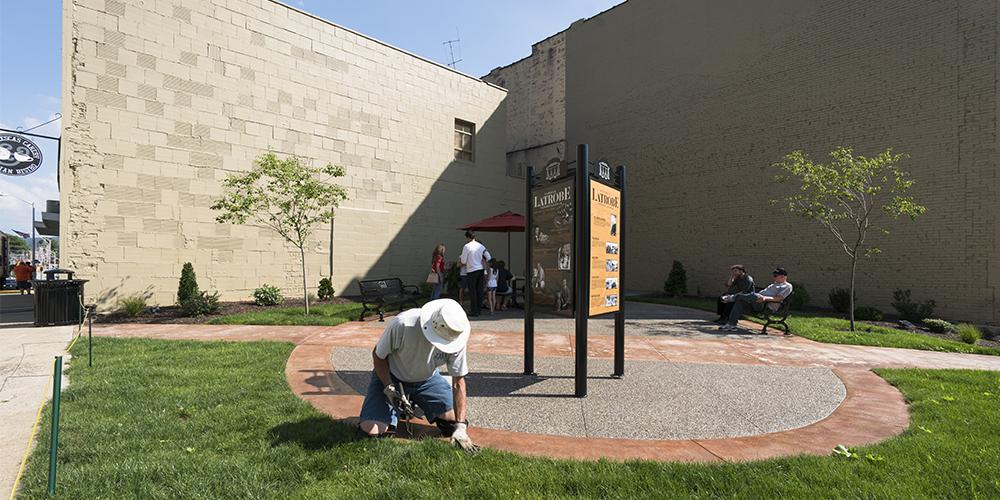
The Power to Create Your Own Legacy Let’s plan now to make a difference for tomorrow.
Through Planned Giving, The Community Foundation of Westmoreland County offers specialized services and guidance that can make a powerful difference in the lives of your loved ones, community and future generations.
We’ll work with you to develop a charitable giving strategy that fulfills your philanthropic goals and provides lasting financial and estate planning benefits for you and your family.
Planned Giving Vehicles
BequestA gift to the Foundation through your will allows you to support organizations that you care about, while maximizing the tax benefits to your estate. Bequests will be applied for the charitable purpose requested by the donor, as long as those purposes are reasonable and practicable, and within the broad mission of the Foundation. Some of the ways to make a gift through your will:
|
Charitable Gift AnnuityWith a charitable gift annuity, a donor irrevocably transfers a specific sum of cash, appreciated securities or other property to The Pittsburgh Foundation in return for its promise to pay the donor, another, or both, fixed and guaranteed annual payments for life. The remainder of the Annuity is used to support the donor’s fund. This is a smart vehicle if you’re retired, wish to increase your cash flow, seek the security of guaranteed payments, and want to save taxes. |
Charitable Remainder TrustA charitable remainder trust is a specifically designed trust that provides a payment stream to the donor or another beneficiary for a fixed term up to 20 years or life (“the income interest”), after which the trust terminates and the trust assets are distributed to one or more charitable organizations (“the charitable remainder interest”). A charitable remainder trust must be in writing and is irrevocable. The donor may be the trustee or the donor may appoint an independent trustee. Creating a charitable remainder trust could provide the donor with an income tax deduction. |
Charitable Lead TrustThrough a charitable lead trust, you can make significant charitable gifts now while providing for the eventful transfer of substantial assets to individual beneficiaries. The donor and his or her legal or financial advisor select assets to fund a lead trust: the charity receives a fixed annual payout from the trust, and the remainder goes to the donor’s beneficiaries at the end of the charity’s payout term. These funds may be distributed to charities the donor specifies or added to a donor advised fund, designated fund, a field of interest fund or the Foundation’s community fund. Charitable lead trusts are attractive during times of low interest rates. They hold further appeal if you want to reduce taxes associated with passing assets to heirs or if you’re looking to delay the receipt of an inheritance. A charitable lead trust is one of the best ways to help our community while reducing your taxable income or planning a deferred transfer of assets to children or grandchildren. |
Life InsuranceLife insurance provides significant leverage when gifting it to a foundation, making it possible to gift a significant amount at a relatively small cost. Here are the most common methods for gifting life insurance to a fund at Foundation:
|
Retirement Fund Assets: IRAs and 401ksGifts from IRAs and 401ks can be an impactful gift to charity. Unlike Roth assets which are generally tax free to a recipient, non-Roth retirement accounts can sometimes be taxed twice before they get to a beneficiary. You can gift these assets to the The Community Foundation of Westmoreland County with the following options:
|
You have the power to do great things through planned giving.
For more information, contact Sara Swaney, Development Officer, at swaneys@pghfdn.org or 412.394.2640.
